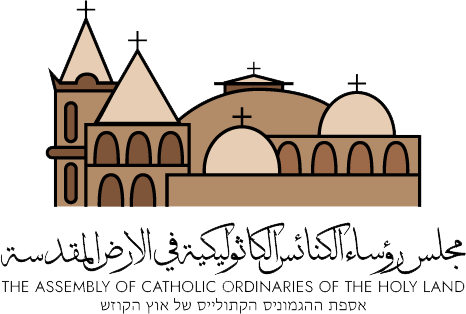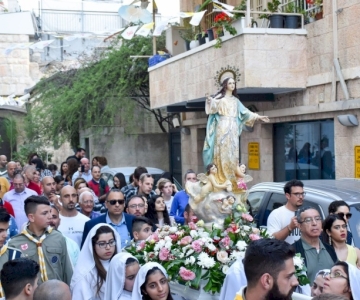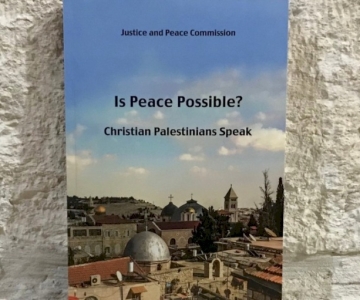Assembly of Catholic Ordinaries of the Holy Land
Justice and Peace Commission
Communiqué
Jerusalem, June 12, 2012
1. The Holy See worked in these recent days on the terms of an agreement with Israel concerning economic and financial of some Church Institutions of the Holy Land (churches, monasteries, etc.) in the application of the Basic Agreement of 1993.
The negotiations for reaching this new agreement began about ten years ago. Currently, they are in the final stage. The signing that some were saying to be imminent has not taken place. The discussion, in fact, has not ended, but will resume next December, according to the communiqué of the Holy See released on June 12.
2. The news spread as if the agreement might be implicitly recognize the sovereignty of Israel over occupied East Jerusalem, given that its application concerns all the Institutions of the Church which finds itself under Israeli governance, and considering that the text of the agreement does not contain an explicit distinction between the Institutions in Israel before the 1967 borders and those situated in Israel, in occupied East Jerusalem.
In this regard, an initial clarification was formulated by Archbishop Mamberti, Director for relations with States: “the Church, with an emphasis on tax issues, asks Israel to treat these institutions in an equitable manner, wherever the State of Israel exercises its authority, without determining whether it does so as a sovereign State or an occupying State, and thus without entering the political aspect of the matter” (letter of May 3, 2012 addressed to Dr. Ekmeleddin Ihasanoglu, Secretary General of the Organization of Islamic Cooperation). This means that the agreement is not intended to have any political consequence.
Another clearer statement has been released by Msgr. Ettore Balestrero, Under-secretary for relations with States, at the press conference held today, 12 June, when he observed: “We are aiming to solve practical problems. Already for a long time, however, it was decided to treat, in the agreement we will sign, only certain properties that are not found in East Jerusalem or the West Bank. It is not accurate, then, to say that the Holy See, with the agreement would violate the Fourth Geneva Convention for the protection of civilian persons in time of war. Confusion and alarm are due to improper use of the working document, up-dated over time and, in any case, still in development. “
Moreover, speaking of the Holy See’s position on the status of Jerusalem, he replied, “it has not changed. It was established in the “Basic Agreement” between the Holy See and the PLO; it was invoked in different circumstances and will be again in the “Global Agreement” currently under preparation”.
3. We, the local church, we believe and declare that the Holy See has not changed and will not change its position regarding the status of Jerusalem. The expected agreement therefore refers exclusively to economic measures and fiscal, and is, in no way, intended to effect changes regarding the status of Jerusalem, much less the “status” of occupied East Jerusalem.
† Fouad Twal, Latin Patriarch of Jerusalem, President
† Michel Sabbah, ACOHL Justice and Peace Commission, President







